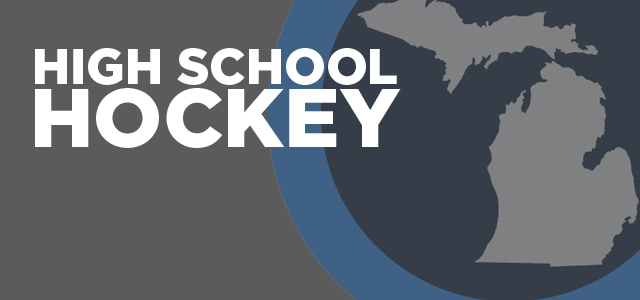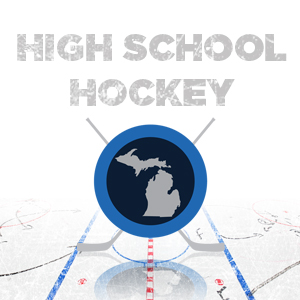Increased penalties for boarding, checking from behind approved by national high school board
The National Federation of State High School Associations has approved new rule changes on boarding and checking from behind situations for high school hockey.
The NFHS – which provides the rules that Michigan’s high school hockey adheres to – will be implementing “more stringent penalties” for boarding and checking-from-behind for the 2014-15 season.
Changes to Rule 6-4 (boarding) and Rule 6-7 (checking-from-behind) were recommended at the organization’s ice hockey rules committee meeting on April 28-29 and approved by the board of directors.
Boarding is now an automatic major penalty; previously, the call was only a major if it was a flagrant violation of a rule that read, “No player shall check, cross-check, elbow, charge or trip an opponent in such a manner that causes the opponent to be thrown violently into the boards.”
Now, if a flagrant violation of boarding takes place, or a check causes a player to crash headfirst into the boards, either a major and a misconduct penalty, or a game disqualification penalty, will be assessed.
“Increasing the first level of penalty for boarding should act as a deterrent when combined with proper teaching and education,” said Dan Schuster, NFHS staff liaison to the committee who also serves as NFHS assistant director of coach education, in a press release. “Boarding is one of the most dangerous plays in the sport, and a flagrant boarding act can carry severe consequences to participants and must be accompanied with stiff penalties.”
Checking-from-behind penalties will now be automatic major penalties, as well, in a rule that reads, “No player shall push, charge, cross-check or body-check an opponent from behind in open ice.”
“The NFHS Ice Hockey Rules Committee continues in its belief that the main threat to the health of high school ice hockey is violent and reckless play,” said Tom Shafranski, assistant director of the Wisconsin Interscholastic Athletic Association and chair of the NFHS Ice Hockey Rules Committee, in the release. “The safety and well-being of the participants is paramount and the primary focus of this committee.”
States do have the ability to adapt the NFHS rules, if they choose to do so.


